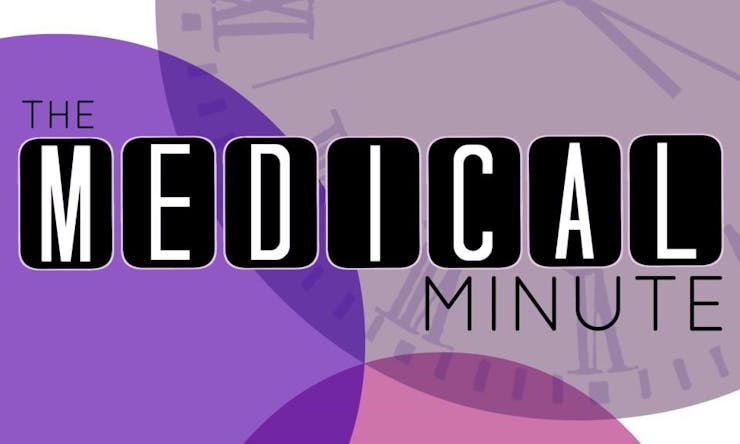Whenever it looks like medical marijuana has reached the limits of its potential, the ceiling is pushed higher. This Medical Minute focuses on the headway cannabis research has made in just the past few weeks:
1. Cannabis Doesn’t Cause Schizophrenia

The popular myth that cannabis consumption leads to schizophrenia was dispelled by a recent Harvard study published in Schizophrenia Research. Even participants who had used cannabis throughout adolescence — which was previously considered a risk factor — showed no disease progression unless schizophrenia ran in their family. They concluded that genetic predisposition, not cannabis, is the underlying basis of schizophrenia development. Cannabis – 1, prohibition propaganda – 0.
2. Cannabis Treats Metabolic Syndrome

U.K. researchers at GW Pharmaceuticals have uncovered cannabis’ therapeutic potential in treating metabolic conditions like obesity and diabetes. In their study, certain cannabis compounds were found to suppress appetite, which flies in the face of the conventional belief that cannabis induces feeding frenzies. Researchers observed that the cannabinoid THCV reduces appetite, restores insulin, lowers cholesterol, and decreases body fat. So much for munchie-related stereotypes.
3. Cannabis Takes a Step into U.S. Pharmaceuticals

GW Pharmaceuticals has also received a patent from the United States to produce cannabinoid-based medication for treatment of glioma — a condition in which tumors form in the brain’s glial tissue. Synthetic forms of cannabinoids like Marinol have been used in the U.S., but GW Pharmaceuticals engineer their medications with real cannabis (which is a big deal).
Image sources: genista, capturelifeinaction, dankdepot





